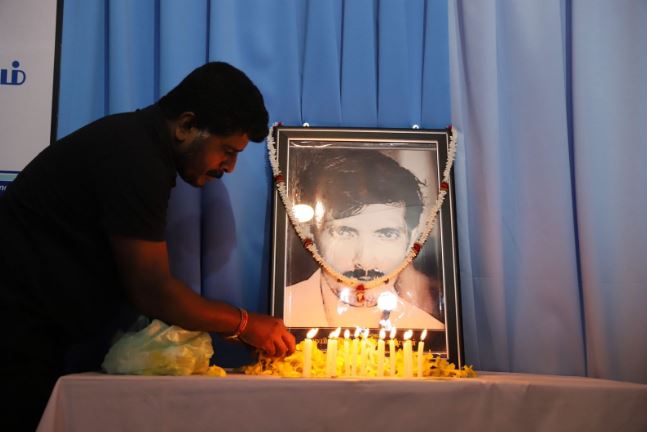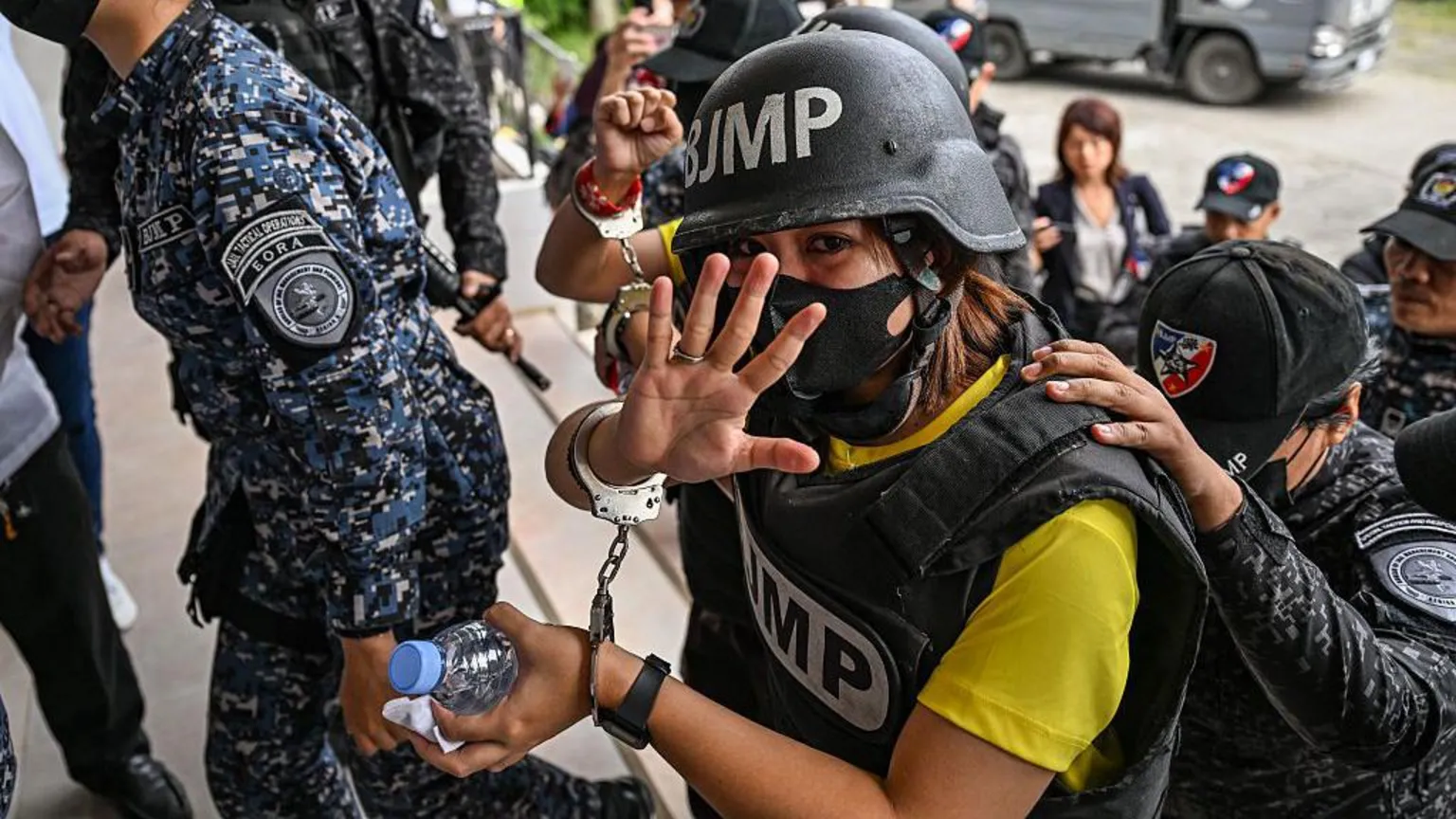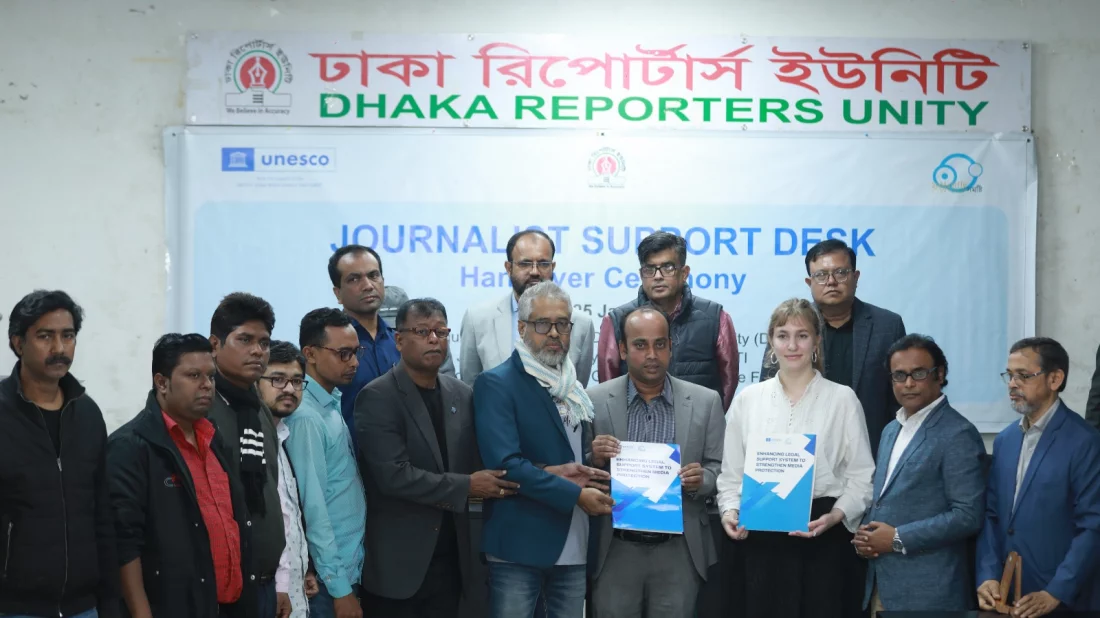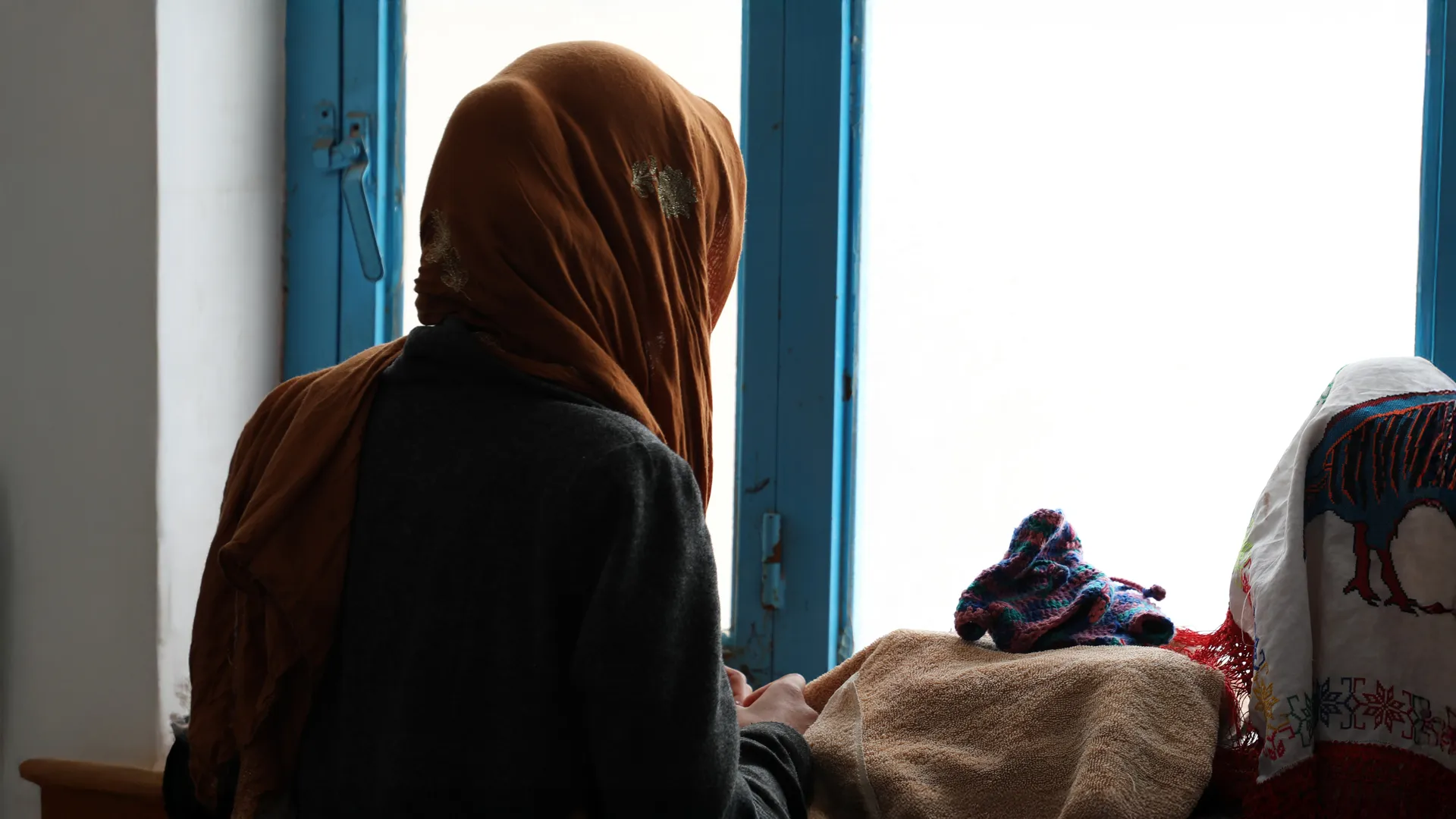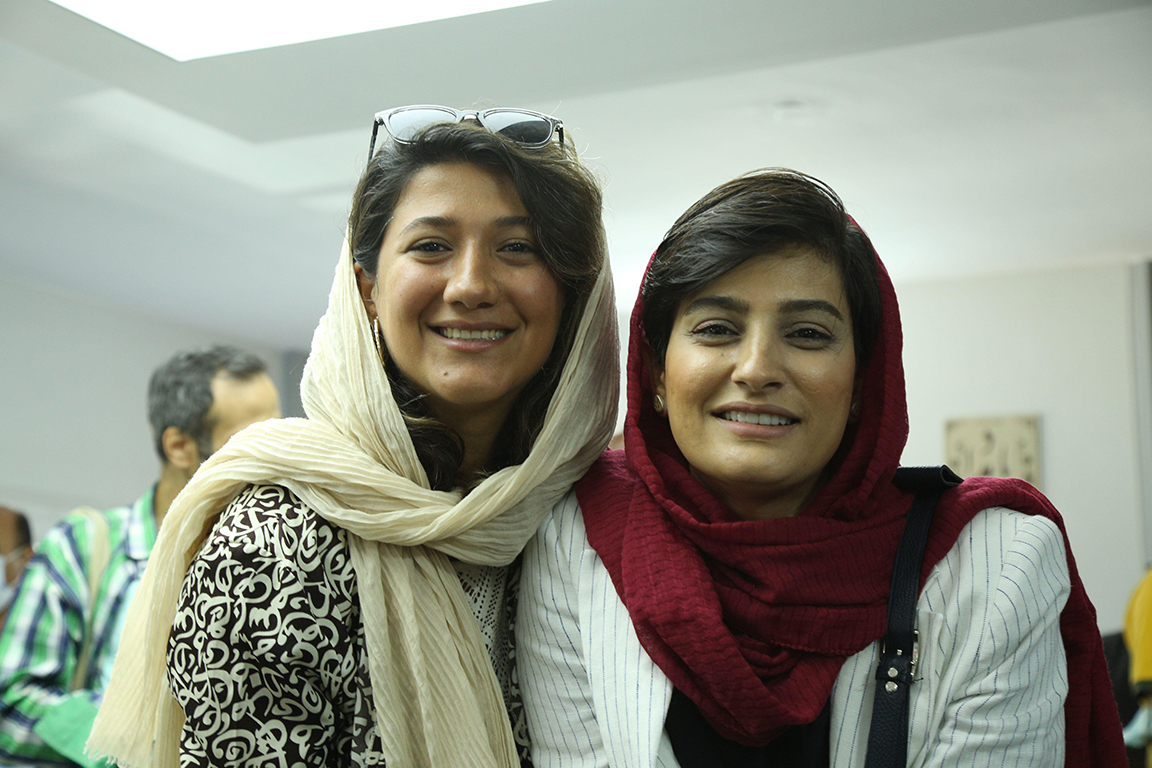
Iran Imprisons Journalists Under National Security Charges
October 22, 2024
Al Jazeera Condemns Israeli Allegations Against Its Journalists in Gaza
October 23, 2024October 22, 2024 – India –
The Mullaitivu Press Club in northern Sri Lanka called for an international, “judicially empowered” investigation into the killings and enforced disappearances of journalists—especially Tamil journalists—spanning decades of conflict. Their appeal marks the 24th anniversary of journalist Mylvaganam Nimalarajan’s assassination and underscores a persistent culture of impunity that allows perpetrators to act without fear of consequences.
Between 2004 and 2009, over 48 journalists and media workers were killed in Sri Lanka, 41 of them Tamil. More recent cases include the high‑profile disappearance of journalist Prageeth Ekneligoda in 2010, as well as unresolved murders like those of editor Lasantha Wickrematunge and Dharmeratnam “Taraki” Sivaram—each case emblematic of the state’s failure to deliver justice. Victims and families have steadily pushed for accountability, yet investigations remain stalled or superficial, reinforcing deep distrust in domestic legal mechanisms.
The Mullaitivu Press Club highlighted that while the new Sri Lankan government led by President Anura Kumara Dissanayake has reopened investigations into certain cases—including that of “Taraki” Sivaram—the broader environment remains unchanged. More than 44 journalist killings and disappearances, mainly targeting Tamil reporters, have lacked any meaningful legal progress. This failure, they argue, perpetuates fear and intimidation of media workers and normalizes the silencing of dissent.
International media and human rights organizations, including the International Federation of Journalists and Reporters Without Borders, have long denounced Sri Lanka’s impunity, noting not just the tragically low rates of prosecution but also the continued harassment, assaults, and surveillance of journalists, exacerbated since the civil war ended.
To break this pattern, the Press Club demands a probe with legal, judicial authority, overseen by international media watchdogs and experts, capable of compelling testimony, accessing evidence, and recommending prosecutions. They argue that such an empowered inquiry is essential to dismantle the systemic protections that shield perpetrators and that transfer control from a compromised domestic judiciary to a more transparent, accountable international framework.
Sri Lanka’s history of conflict has cemented a legacy of silenced journalists and unpunished violence. Unless real change—through credible, enforceable investigation-is—is achieved, Sri Lankan media will continue to operate under the shadow of fear, and the right to report freely will remain hollow. This international call reflects a desperate need for justice and genuine reform.
Reference –

